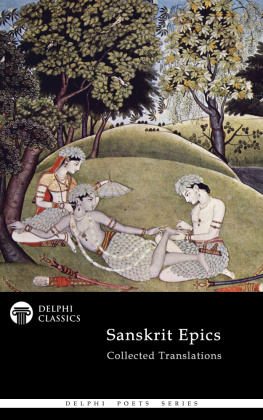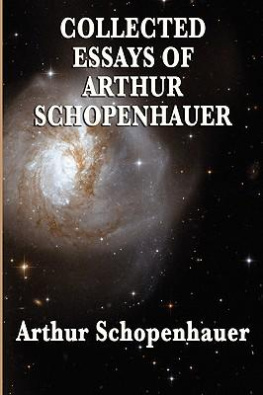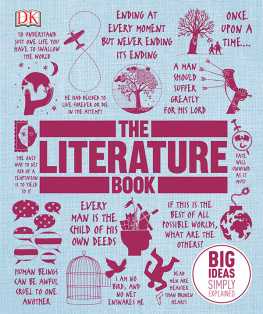Various
The Greatest Books of All Time (Vol. 1-18)
Masterpieces of Literature

Books
OK Publishing, 2020
Tous droits rservs.
EAN 4064066395674
INTRODUCTION
An enterprise such as THE WORLD'S GREATEST BOOKS is to be judged from two different standpoints. It may be judged with respect to its specific achievement--the material of which it consists; or it may be judged with regard to its general utility in the scheme of literature to which it belongs.
In an age which is sometimes ironically called "remarkable" for its commercialism, nothing has been more truly remarkable than the advancement in learning as well as in material progress; and of all the instruments that have contributed to this end, none has been more effective, perhaps, than the practical popularisation of literature.
In THE WORLD'S GREATEST BOOKS an attempt has been made to effect a compendium of the world's best literature in a form that shall be at once accessible to every one and still faithful to its originals; or, in other words, it has been sought to allow the original author to tell his own story over again in his own language, but in the shortest possible space.
Such a method differs entirely from all those in which an author is represented, either by one or more extracts from his work, or else by a formal summary or criticism of it in a language not his own. And, since the style and language of an original is what often constitutes the wings upon which alone its thought will fly, to have access to its thought without its form is too often to possess a skeleton without the spirit which alone could animate it.
Notwithstanding this, however, we are aware that even THE WORLD'S GREATEST BOOKS will not escape the criticism of a small class of people who will profess to object to this, as to any kind of interference with an author's original--in reply to which it can only be said that such objections are seldom, if ever, made in the true interests of learning, or in a genuine spirit of inquiry, and too often only proceed from a knowledge of books or love of them which goes no deeper than their title-page.
For better than all books are the truths which books contain, and to condense those truths into a form that makes them available is not only to invest them with new powers and an enlarged range of usefulness, but is also not necessarily to interfere with any of those essential qualities that make up the exquisite literary flavor of a fine original.
The selections in THE WORLD'S GREATEST BOOKS have been collected, and are alphabetically arranged, in ten different divisions,--namely, Fiction, Lives and Letters, History, Religion, Philosophy, Economics, Science, Poetry and Drama, Travel and Adventure and Miscellaneous Literature.
An important additional feature of the work is the brief, yet highly critical biographical and bibliographical note which accompanies every author and every selection throughout these volumes. To this must be also added the not less important Introductories, and other explanations written by experts, which often accompany the selections in the text--cardinal examples of which will be found in particular in the section of Religion of this work, in the articles dealing with such subjects as the Book of the Dead, Brahmanism, Confucianism, the Koran, Talmud, etc.
With respect to the selections themselves, it may be added that, even where they are derived from foreign originals, they have often been prepared from those originals rather than from any existing translations of them, as in the fine translation of Catullus by Professor Wight Duff, or the condensations from Euripides, Corneille, Kant, Tacitus, and very many more. In other cases, again, the selections have been specially prepared for THE WORLD'S GREATEST BOOKS by their authors or their agents, such as the two selections by Major Martin Hume in History, by Dr. Bramwell and Sir Francis Galton in Science, by Mr. Robert Hichens in Fiction, etc. From this, and still more from the list of authors itself, it will be found, we hope, that besides a completely modern aim, a distinctly proper proportion of modern literature has found a place in the work, and that the best of French, German, Scandinavian, Russian, and other authors take rank in it with American and English, as do the best of the ancients with the best among the moderns.
As the aim of THE WORLD'S GREATEST BOOKS has been directed first of all towards those forms of literature which were in the most need of condensation to make them readily available, it will not be expected that the Poetry section of the work will contain the shorter kind of poems. Moreover, even if the shortness of such poems and their general accessibility in present-day anthologies did not render their inclusion here a work of supererogation, it was felt that their place could be far better filled in a work like the present by the world's best dramatic literature,--as has been done. This does not apply, however, to translations from the shorter poems of ancient classical literature, which, however short they may be, cannot be said to be already generally available for everyday reading.
Throughout, the claims of literature proper, or of fine writing, have been intimately considered in conjunction with the claims of pure learning, or of information, with the result, it is hoped, that to the authority of the world's best thinkers is added the picturesqueness of their fine writing. Plato, Spencer, Newton; Darwin, Haeckel, Virchow; schylus, Shelley, Ibsen; Burton, Mandeville, Loti; or Brandes, Matthew Arnold, and Demosthenes--from old and from modern times they yield up their pearls.
The notion of finality, or of an utter inclusiveness, for such a work as THE WORLD'S GREATEST BOOKS may be readily disclaimed. To set it up even would seem ridiculous to any one acquainted with the enormous range of the subject. Not so ridiculous, however, may seem the claim to have established a standard and a form of achievement new in the annals of literary production; and one, moreover, whose importance as an educative factor, no less than as a test of the special needs of the era wherein we are living, may be as valid in its own way and in its own time as some of those other contributions which have helped along the revival of learning and of letters, from that first awakening of the Renascence humanists down to our own day.
EDMOND ABOUT
The King of the Mountains
Edmond About was the son of a grocer at Dieuze, in Lorraine, France, where he was born Feb. 14, 1828. Even in childhood he displayed the vivacity of mind and the irreverent spirit which were to make him the most entertaining anti-clerical writer of his period. His tales have the qualities of the best writing of the eighteenth century, enhanced by the modern interest of his own century. "The King of the Mountains" is the best-known of his novels, as it is also the best. In 1854 About was working as a poor archaeologist at the French School at Athens, where he noticed there was a curious understanding between the brigands and the police of modern Hellas. Brigandage was becoming a safe and almost a respectable Greek industry. "Why not make it quite respectable and regular?" said About. "Why does not some brigand chief, with a good connection, convert his business into a properly registered joint-stock company?" So he produced, in 1856, one of the most delightful of satirical novels, "The King of the Mountains." Edmond About died on January 17, 1885, shortly after his election to the French Academy.

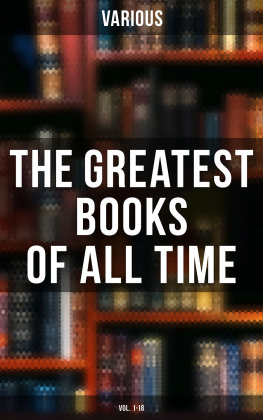

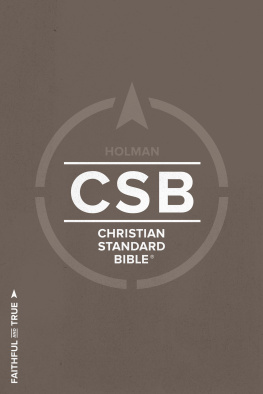
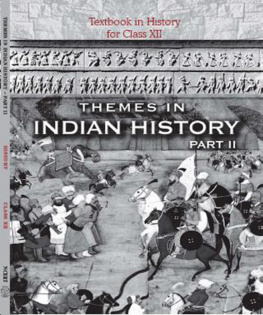
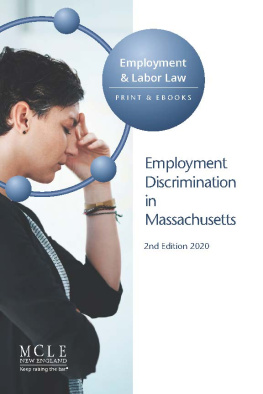
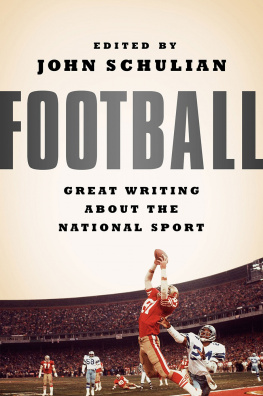
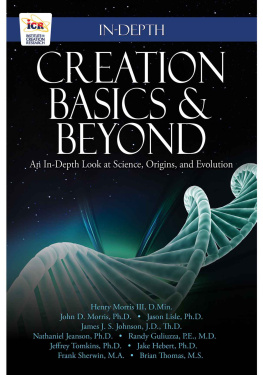

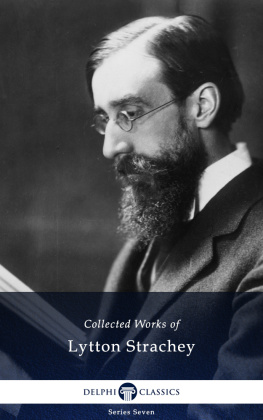

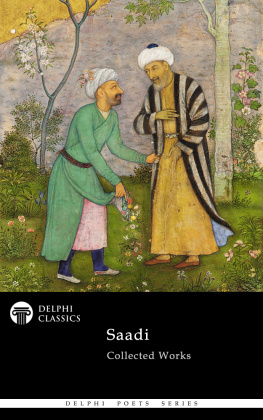
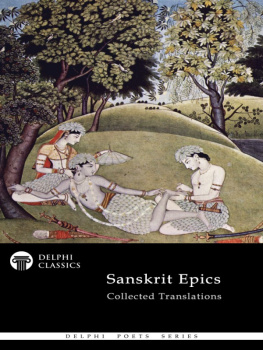
![Matt Cardin - Horror Literature Through History [2 Volumes]: An Encyclopedia of the Stories That Speak to Our Deepest Fears](/uploads/posts/book/119545/thumbs/matt-cardin-horror-literature-through-history-2.jpg)
